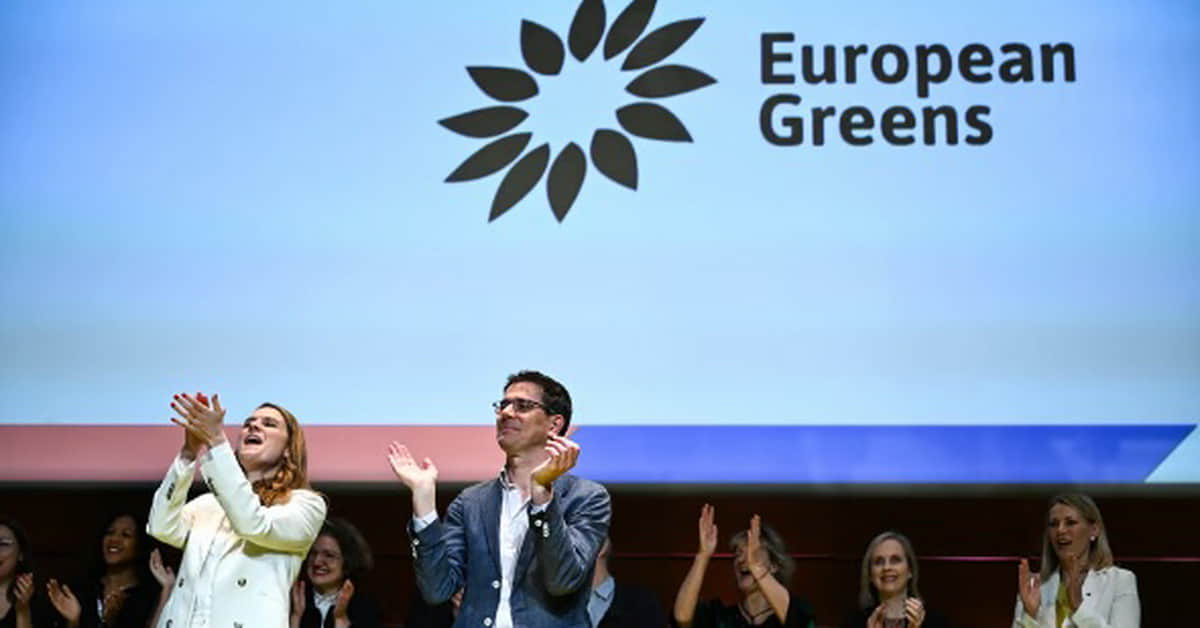Why the Greens are losing in the EU and what Ukraine should learn from it

European Greens, with whom Ukrainian organisations have been cooperating, are not experiencing their best times. Their representation in the updated European Parliament will decrease. Read more to understand how European politics will change after the the European Parliament election and the position the Greens will hold in the article by Valeriia Izhyk, advocacy adviser at European institutions, Razom We Stand - Climate failure: How the Greens' defeat in the European elections will affect the EU's course and support for Ukraine.
The European Parliament is the most democratic body of the European Union. All resolutions condemning Russia, sanctions, calls for military and financial assistance to Ukraine have always been voted by a majority. Advertisement:
The composition of the majority voting political groups remains almost unchanged after the elections. These will be the European People's Party (Christian Democrats), the Progressive Alliance of Socialists and Democrats and the Renew Europe group. These groups were quite unanimous regarding Ukraine until June 2024, with few exceptions.
What has somewhat changed are the EU's priorities. Now, these include increasing the bloc's competitiveness (especially compared to the USA and China), green and digital transition and issues of backing Ukraine, which will be most frequently mentioned in the context of defence, but also as continued financial support after 2027. The importance citizens place on EU defence and security issues has grown during the parliamentary term, especially in light of Russia's war against Ukraine.
In the current elections, European electoral preferences were influenced by the Russian full-scale invasion, the Palestinian-Israeli conflict and farmers' dissatisfaction across Europe. This pushed climate issues down the importance scale, which affected the popularity of the European Green Party. The Greens suffered the greatest losses in Germany (from 25 to 16 seats) and France (from 12 to 5 seats).
From three MEPs from Belgium and Czechia, only two and one hace remained, respectively. The European Green Party is the one that Ukrainian green NGOs are used to cooperating. However, in the current parliament, the Greens have lost 19 seats and showed one of their worst results.
The bad news for Ukraine is that the German Green MEP Viola von Cramon did not make it to the new European Parliament. She was one of the most vocal advocates of Ukraine's green reconstruction and made significant efforts to ensure that amendments from Ukrainian NGOs were included in the final text of the regulation on the EUR50 billion Ukraine Reconstruction Fund. On the other hand, the election results were a pleasant surprise for Volt, the only pan-European party.
They gained five seats (compared to only one mandate in the previous parliament). This is good news for Ukraine, as Damian Boeselager, the first MEP in the party's history who was elected to the European Parliament in 2019, has shown himself to be friendly to Ukrainian NGOs, giving hope for continued cooperation and promotion of green reconstruction ideas for Ukraine. Previously, Volt was part of the European Greens group.
This time, they will have to choose between the progressives from Renew Europe and the Greens. Both groups share some common values, but only one is in the top three of the EP leaders, making the choice almost obvious. Thus, if Ukrainian lobbyists for green reconstruction want to be effective, they will have to work with the new majority without the Greens and prepare different arguments for at least three political groups.
And already in the second half of July, after the first meeting of the newly elected MEPs in Strasbourg, it will be possible to more clearly determine the new "list of friends of Ukraine."
If you notice an error, select the required text and press Ctrl + Enter to report it to the editors.